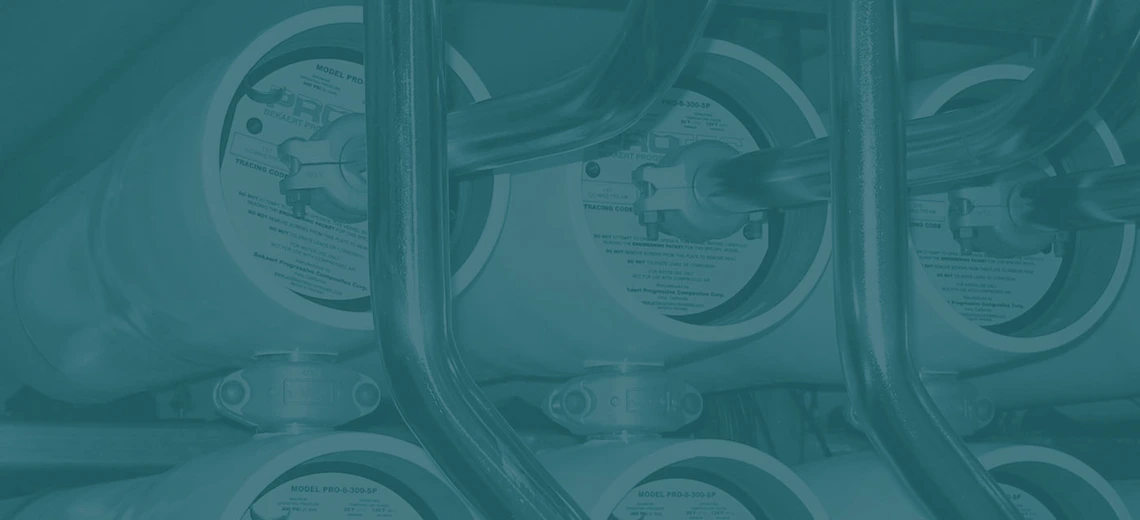
When
Where
Speaker(s)
Please Note Special Time and Location
The water conflicts between Israel and its neighbors are often viewed as a zero-sum game; however, that view is outdated. Mutually beneficial options exist when the parties realize that they have much in common in terms of protecting shared resources. Beyond the options to conserve water and recycle wastewater, the total supply can be augmented by desalination. Indeed, Israel has embarked on a large-scale desalination program, which today supplies almost a third of Israel’s freshwater consumption. For Israel and Jordan, desalination underpins the proposals for a Red-Dead canal to convey desalinated seawater to Amman. This presentation examines the role of desalination in resolving regional water issues.
Eran Feitelson is a professor in the Department of Geography. Formerly he was head of the Advanced School for Environmental Studies and the Federmann School of Public Policy and Government at the Hebrew University of Jerusalem. He has published extensively in the fields of water policy, trans-boundary water, transport policy, land use planning, environmental policies and earthquake preparedness. In addition to his academic work, he has participated in national planning teams and committees and is serving as chair of the Israeli Nature Reserves and National Parks Commission. He is currently a Murray-Galinson San Diego Israel Initiative Visiting Scholar.
CO-SPONSORED BY:
- The Arizona Center for Judaic Studies
- The Center for Middle Eastern Studies
- The Udall Center for Studies in Public Policy

